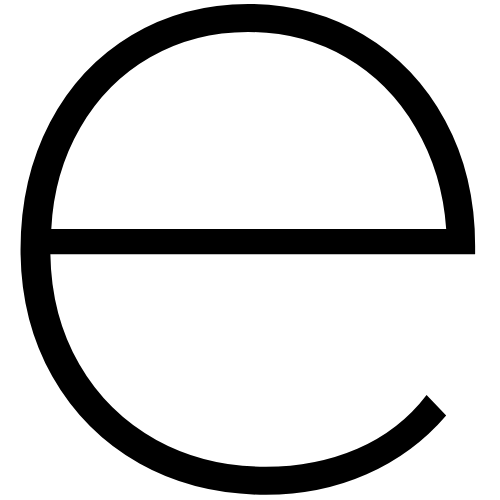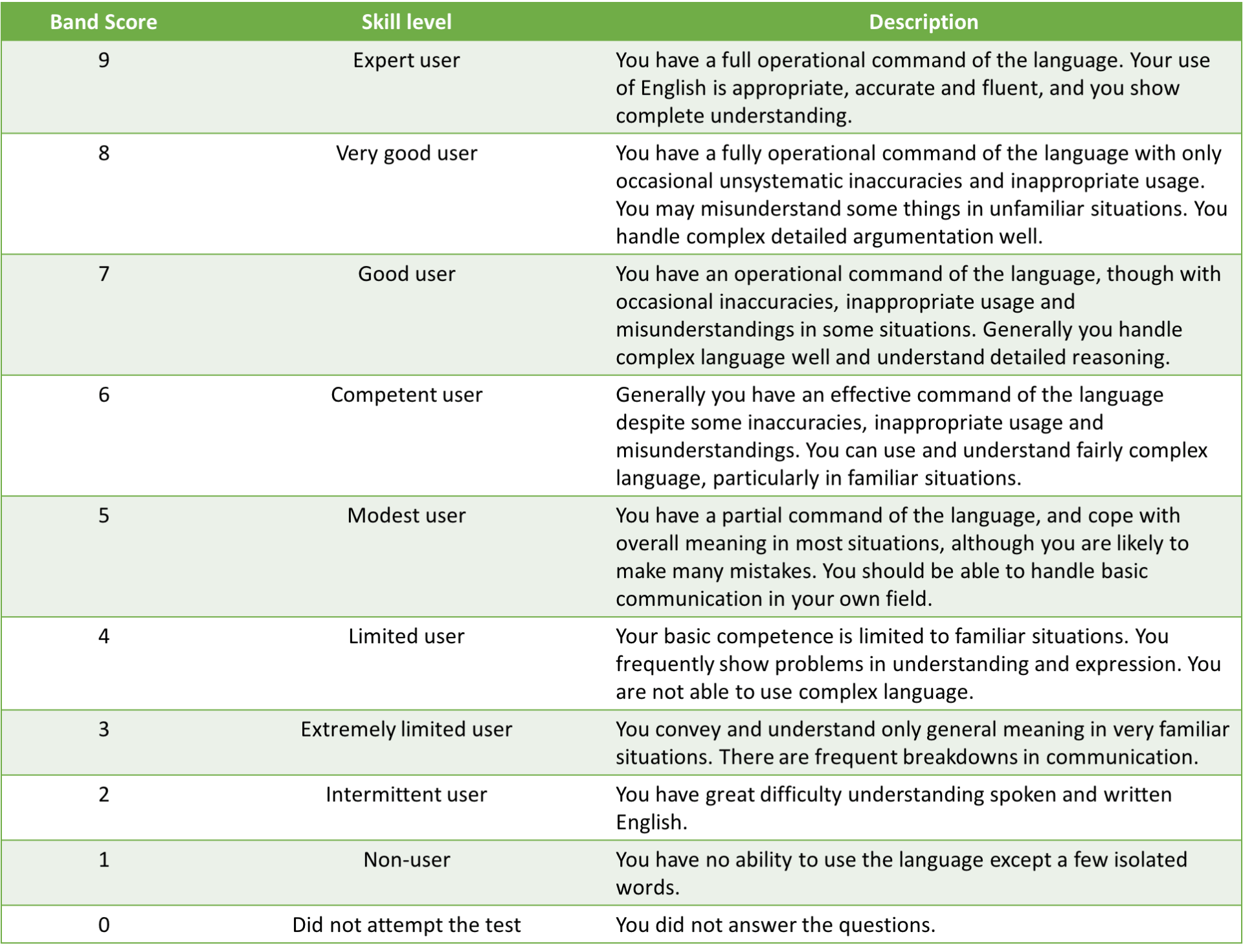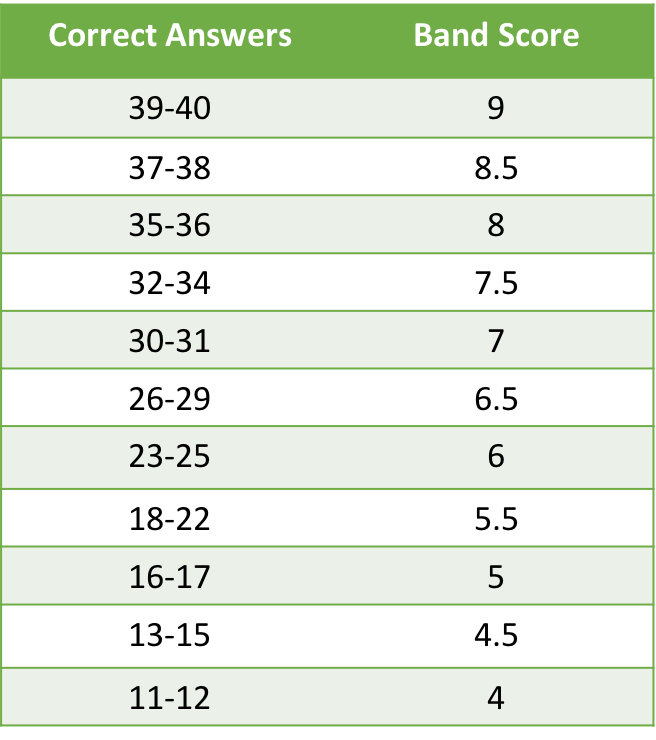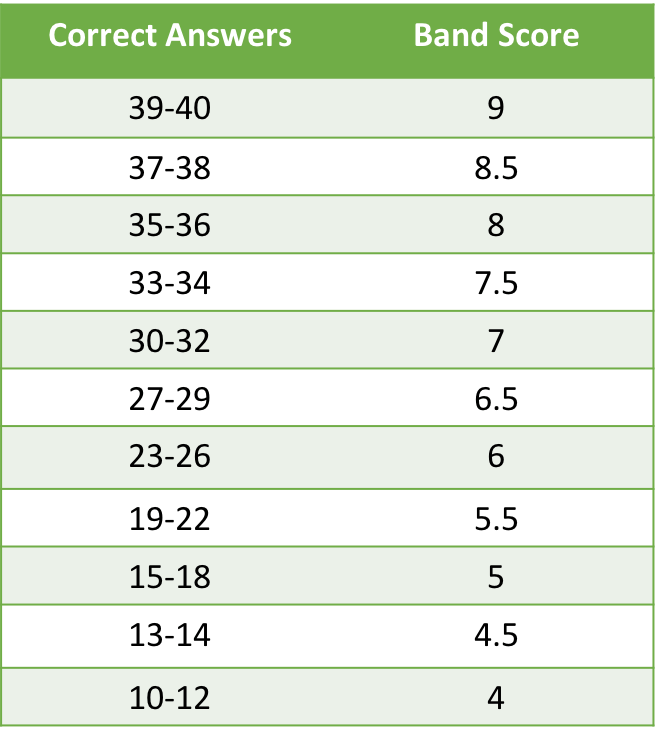IELTS band scores: How are they calculated?
In the IELTS speaking exam, all test-takers are given a score between 1 and 9. Each skill (listening, speaking, reading, writing) is scored separately from 1 to 9. You will then get an overall score. Generally, your overall score is rounded the the nearest 0.5 ie. If your overall score is 6.3, this will be changed to 6.5.
Let’s take a look at an example.
Reading 7
Listening 6
Speaking 6
Writing 6.5
To get the student’s overall score, we need to calculate the average of these 4 scores.
(7 + 6 + 6 + 6.5)/4 = 6.375
In this case, the student’s overall score is 6.5.
IELTS score meaning
So now that you know how the scores are calculated, let’s take a look at what they actually mean. The below table from the British Council website gives details of what each band score means.
Listening and Reading Band Scores
You can easily calculate your listening and reading band score because your score is based on the number of questions you answer correctly.
As you may know, in the academic IELTS exam, there are 40 questions the listening test and 40 questions in the reading test. The below diagrams give more information your score and it’s related band score.
Speaking Band Score
Your speaking band score is calculated using criteria which is called the band descriptors. In the IELTS speaking exam, a qualified examiner will give you a score based on the band descriptors.
You can find the official IELTS speaking band descriptors here. However, it is difficult for you to mark your own speaking. We recommend that you take a test with an experienced IELTS instructor or examiner who can help to assess your speaking, mistakes and give you an estimated band score. Before spending any money on an experienced instructor, we recommend that you learn more about the speaking band descriptors and how to maximize your score in this article.
Writing Band Score
Similar to speaking, IELTS writing answers are marked using band descriptors which can be found here for IELTS task 1 and here for IELTS task 2. Because these band descriptors are best understood by examiners and experienced instructors, it is difficult to mark your own IELTS writing answers. Our lessons on IELTS writing can help you to improve your score at home alone and will give you a good indication of what is required to get a high score. Having studied and attempted some practice questions, I recommend that you get some assistance from an experienced instructor who will help to point out your individual weaknesses and mistakes you may not be aware of.
If you found this useful , you may also be interested in our IELTS SPEAKING MASTERCLASS which contains essential strategies, sample answers with key vocabulary for more than 40 IELTS speaking topics, listening exercises and quizzes. You can learn more about it here.
















